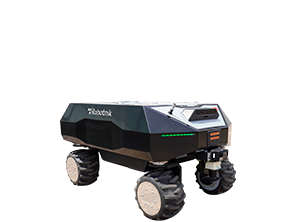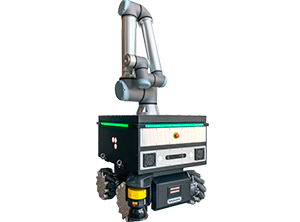As we know, Horizon 2020 is the biggest EU Research and Innovation programme ever, a Europe 2020 flagship initiative aimed at securing Europe’s global competitiveness. Running from 2014 to 2020 with a budget of nearly €80 billion, the EU’s new programme for research and innovation is part of the drive to create new growth and jobs in Europe.
The projects of Horizon 2020 in which Robotnik will form part are RAWFIE, I-SUPPORT and RADIO.
The purpose of the RAWFIE initiative is to create a federation of different network testbeds that will work together to make their resources available under a common framework. Specifically, it aims at delivering a unique, mixed experimentation environment across the space and technology dimensions. The basic idea behind the RAWFIE effort is the automated, remote operation of a large number of robotic devices (UGVs, UAVs, and USVs) for the purpose of assessing the performance of different technologies in the networking, sensing and mobile/autonomic application domains. Robotnik will be the main provider of the Road robotic mobile platforms that will be tested under the RAWFIE remote operation framework.
The I-SUPPORT project envisions the development and integration of an innovative, modular, ICT-supported service robotics system that supports and enhances frail older adults’ motion and force abilities and assists them in successfully, safely and independently completing the entire sequence of bathing tasks, such as properly washing their back, their upper parts, their lower limbs, their buttocks and groin, and to effectively use the towel for drying purposes. Robotnik is the coordinator of the project.
In RADIO, will be developed an integrated smart home/assistant robot system, pursuing a novel approach to acceptance and unobtrusiveness: a system where sensing equipment is not discrete but an obvious and accepted part of the user’s daily life. By using the integrated smart home/assistant robot system as the sensing equipment for health monitoring, we mask the functionality of the sensors rather than the sensors themselves. In this manner, sensors do not need to be discrete and distant or masked and cumbersome to install; they do however need to be perceived as a natural component of the smart home/assistant robot functionalities. Robotnik will be the main responsible for the design and development of the RADIO mobile robotic platform.

